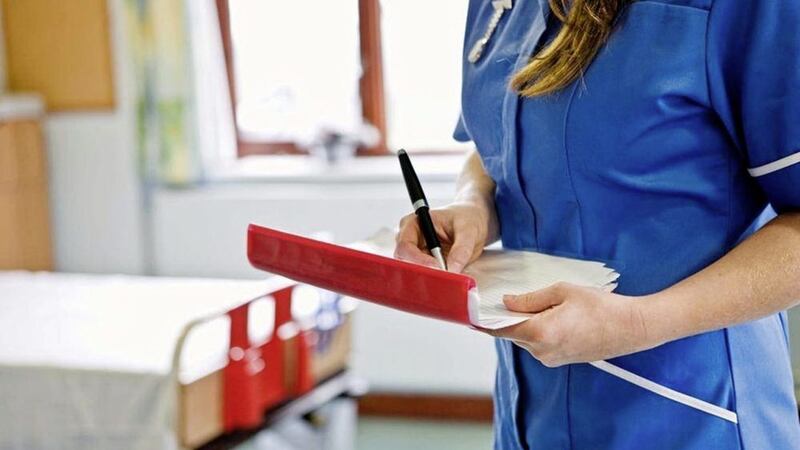An investigation into late reporting of coronavirus test results from the Mater hospital in Dublin has found it did fulfil legal obligations to alert public health authorities of the cases.
A draft report into the report of 244 positive cases in one batch last week, some dating back to mid-March, has established that timely contact tracing was undertaken by both the hospital and the relevant public health authorities.
The reason for the late reporting of the results was due to the hospital providing incomplete information to the testing lab, which prevented the lab uploading the results into the centralised system for collating Covid-19 data.
[ READ MORE: Coronavirus: Restrictions in Republic to be eased on MondayOpens in new window ]
It is understood the 244 cases relate to healthcare staff working at the Mater.
While the preliminary investigation found the hospital did provide all the required information to the contact tracing teams, it did not provide staff names with the test samples given to the lab.
Names are required to upload a test result onto Ireland's Computerised Infectious Disease Reporting system (CIDR), so the lab could not report those results in the normal way.
Only when the names were obtained from the hospital was it possible to upload the information, which happened on Thursday.

HSE chief executive Paul Reid, who outlined the draft report this morning, said he had been "reassured" by the findings.
He said the report "clearly demonstrates" that the legal requirement to pass information to public health authorities was met.
"However, the information that was submitted to the labs at some stage in the process did not have the full details, and particularly all the names etc of those cases," he said.
"Therefore it didn't allow for the complete correlation of the data at the appropriate time."
Mr Reid added: "So all of the details didn't go in a timely manner and then when that was finally solved on Thursday all of the information went up together.
"So it wasn't flowing in a timely aggregated manner, (that) was the impact."
Mr Reid said the HSE had been seeking assurances from all hospitals that the required information was being provided to testing labs.
Dr Colm Henry, the HSE's chief clinical officer, said the problem rested with a "data uploading issue".
He stressed that the report findings were only preliminary but he said he had received no indication that a similar issue had happened anywhere else.
"It was a data uploading issue, and I'm not taking away from the significance of it, but it was a data uploading issue on the CIDR," he said.
"But the critical information that was necessary to trigger the contact tracing, whether it was in the hospital, which took place through occupation health, or outside the hospital, which took place in conjunction with the public health department, that was given and that was acted upon."








